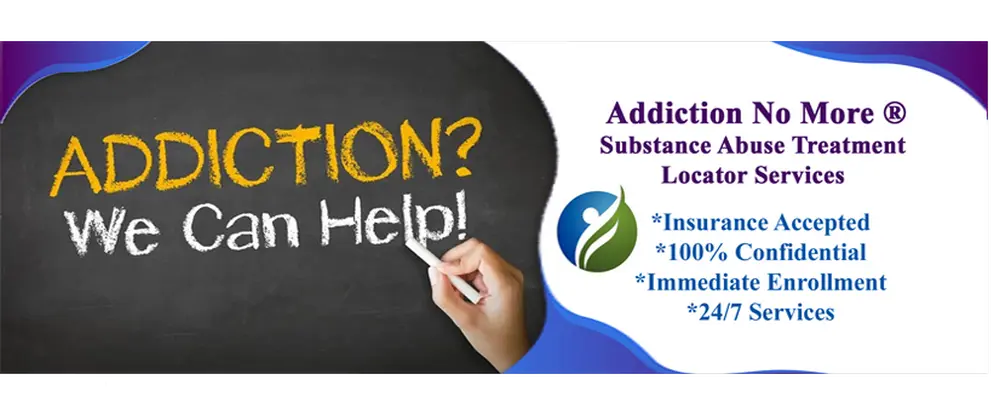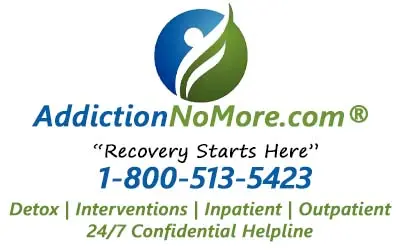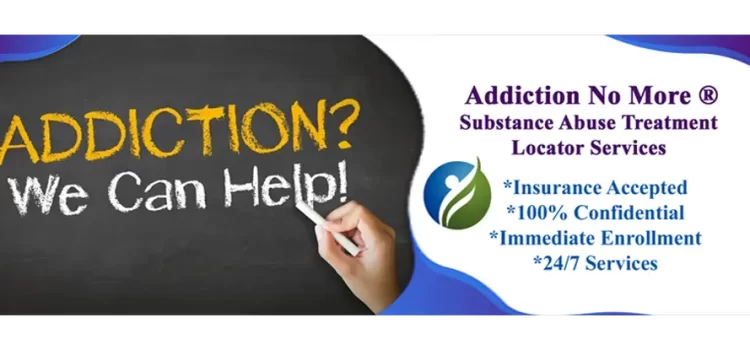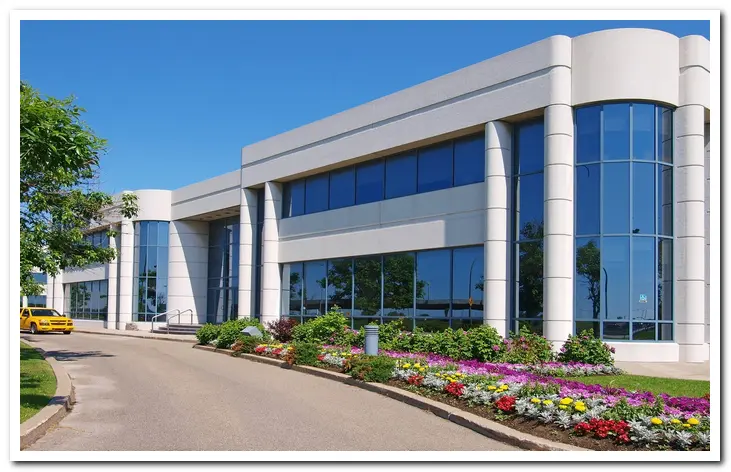Aftercare and Sober Living
How does Aftercare work, and do I need it? After-care programs are for continued care once you are finished with your drug or alcohol rehabilitation treatment program. Once completing a treatment program (typically for 30-90 days), many people go to an Aftercare program to continue their recovery journey with like-minded peers. Aftercare programs often can last for a year or many years depending on certain circumstances discovered through treatment. The time spent in actual rehab is a short period. For many, the challenges of daily life, changes in routine, and getting rid of bad influences and other external factors can make recovery challenging without an after-care program. Most residential treatment programs and outpatient clinics have resources to help set up aftercare wherever you are located. Once treatment is completed at an inpatient drug rehab center, there will be many other steps that will help in ongoing recovery and minimize the likelihood of relapse.1-800-513-5423
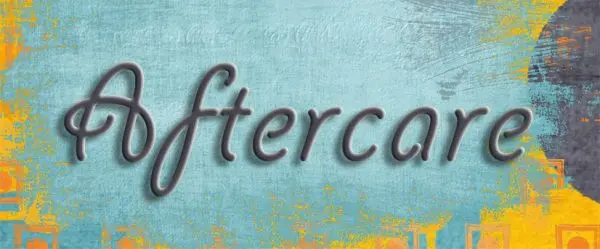
Types of after-care programs
12-step Programs are typically done in an outpatient setting and are often conducted in NA/AA meetings. Alcoholics Anonymous (AA) and Narcotics Anonymous (NA) are examples of 12-step aftercare programs. These support groups operate on voluntary self-disclosure principles where you can receive encouragement, advice, and support during the recovery process. Through NA or AA, the person may be assigned a sponsor that you can call at any time if you need immediate support. Therapy and counseling programs can be held daily, sometimes more than once a day as continued therapy is an integral part of the early recovery process. A newly recovered addict should seek out continued therapy at least once a week if not more during early sobriety. Once you have some recovery time under your belt you can adjust the amount of therapy down to at least once a month for a while to ensure forward progress is still being made.Non-Twelve-Step Recovery Programs are for those who have a hard time getting involved in a 12-step recovery program. Smart Recovery and Refuge Recovery are two such programs that put forward their approach to staying sober. When looking for an alternative to the 12 steps, it is important to try a few different meetings to be sure that this is right for you and your recovery process.
Sober Living environments can be a great help to those in recovery who do not have a supportive place to live during the recovery process. Some sober living houses operate on collective democratic counsel that sets rules and enforces them, some operate with a leader who sets and enforces them. Both types of programs can be effective and it is up to the individual to choose which one is best for them. Most sober-living homes have graduated guidelines and rules for their residents based on the length of time in the home and progress made while at the sober living-home.
1-800-513-5423
Facility-based ongoing treatment programs and support
Aftercare Steps
Ongoing steps explained for after-care that the individual should take to have the best chances at lifelong sobriety.Sample of aftercare steps that should be taken:
Days 1-30 after rehab, into recovery
- Aftercare planning
- Learning about recovery stops including negative impulses
- Make sure living arrangements are healthy and supportive
- Start a daily schedule and routines
- Find at least two support groups, then choose which one is a better fit for you.
- Attend outpatient or counseling sessions.
- Get a support group of healthy friends that you can turn to if you have the urge to use
- Exercise and physical activities add to the daily routine
- Make sure to listen to your support group meetings while avoiding talking too much
- Make sure you are involved in a support group at least once a week or more
- Counseling sessions with a therapist at least once a week
- Discuss life goals with a counselor to start a plan
- Keep a recovery journal be sure to include temptations and triggers with how they were overcome
- Continue self-care and start to rediscover your ambitions
Days 90-180 into recovery
- Set short and long-term goals with a therapist
- Try out new hobbies
- Start shifting your focus to long-term goals
- Begin repairing relationships that have been broken or damaged
- Start helping others who are starting their recovery journey
- Make a 5-year plan and set goals for a 10-year plan
- Find new ways to occupy time
- Make sure to celebrate recovery milestones at 3 months, 6 months, and year marks it is important to celebrate your milestones.
What steps should I take if I have relapsed during the recovery process?
For some people, relapse is a part of the recovery process. Studies have shown that the majority of people in recovery have relapsed in their recovery process. If you find you have relapsed it is important to understand that this can just be a hiccup in your long-term recovery and with support and counseling it can be fixed. Make sure to note in your journal how you fixed the problem so you can be assured not to fall into the same habits or circumstances that have led to the relapse.
If you need help with drug or alcohol addiction and don’t know where to start, give us a call and we can help answer any questions you have about getting sober, finding treatment for addiction, or aftercare.
1-800-513-5423
SourcesSmart Recovery Meetings
Erik Epp – Content Author
